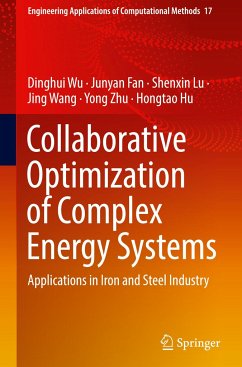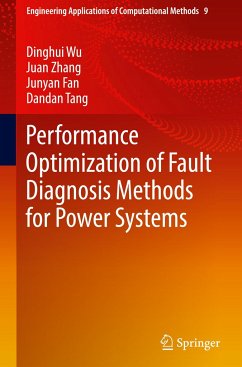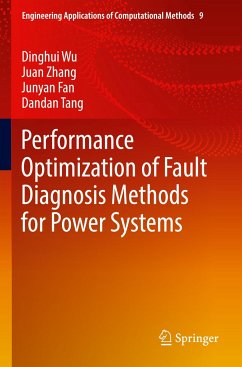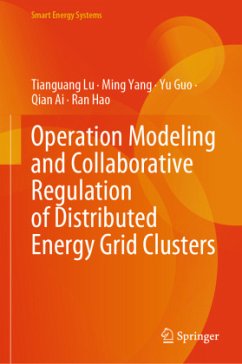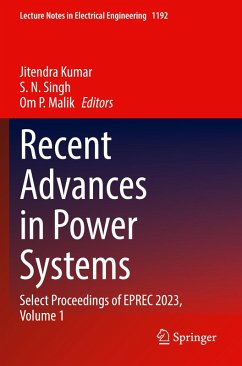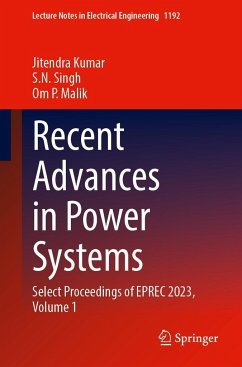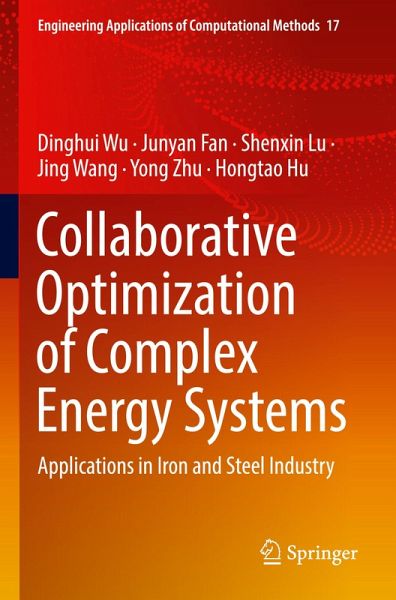
Collaborative Optimization of Complex Energy Systems
Applications in Iron and Steel Industry
Versandkostenfrei!
Versandfertig in 6-10 Tagen
106,99 €
inkl. MwSt.
Weitere Ausgaben:

PAYBACK Punkte
53 °P sammeln!
This book mainly focuses on the multi-media energy prediction technology and optimization methods of iron and steel enterprises. The technical methods adopted include swarm intelligence algorithm, neural network, reinforcement learning, and so on. Energy saving and consumption reduction in iron and steel enterprises have always been a research hotspot in the field of process control. This book considers the multi-media energy balance problem from the perspective of system, studies the energy flow and material flow in iron and steel enterprises, and provides energy optimization methods that can...
This book mainly focuses on the multi-media energy prediction technology and optimization methods of iron and steel enterprises. The technical methods adopted include swarm intelligence algorithm, neural network, reinforcement learning, and so on. Energy saving and consumption reduction in iron and steel enterprises have always been a research hotspot in the field of process control. This book considers the multi-media energy balance problem from the perspective of system, studies the energy flow and material flow in iron and steel enterprises, and provides energy optimization methods that can be used for planning, prediction, and scheduling under different production scenes. The main audience of this book is scholars and graduate students in the fields of control theory, applied mathematics, energy optimization, etc.



